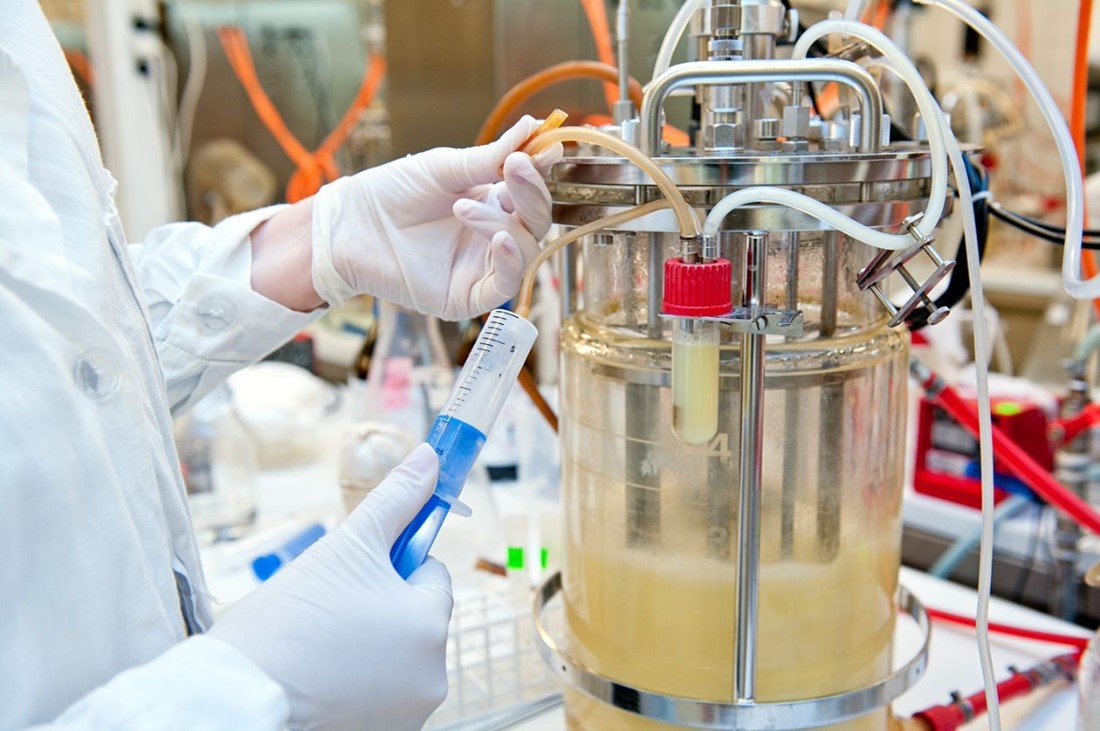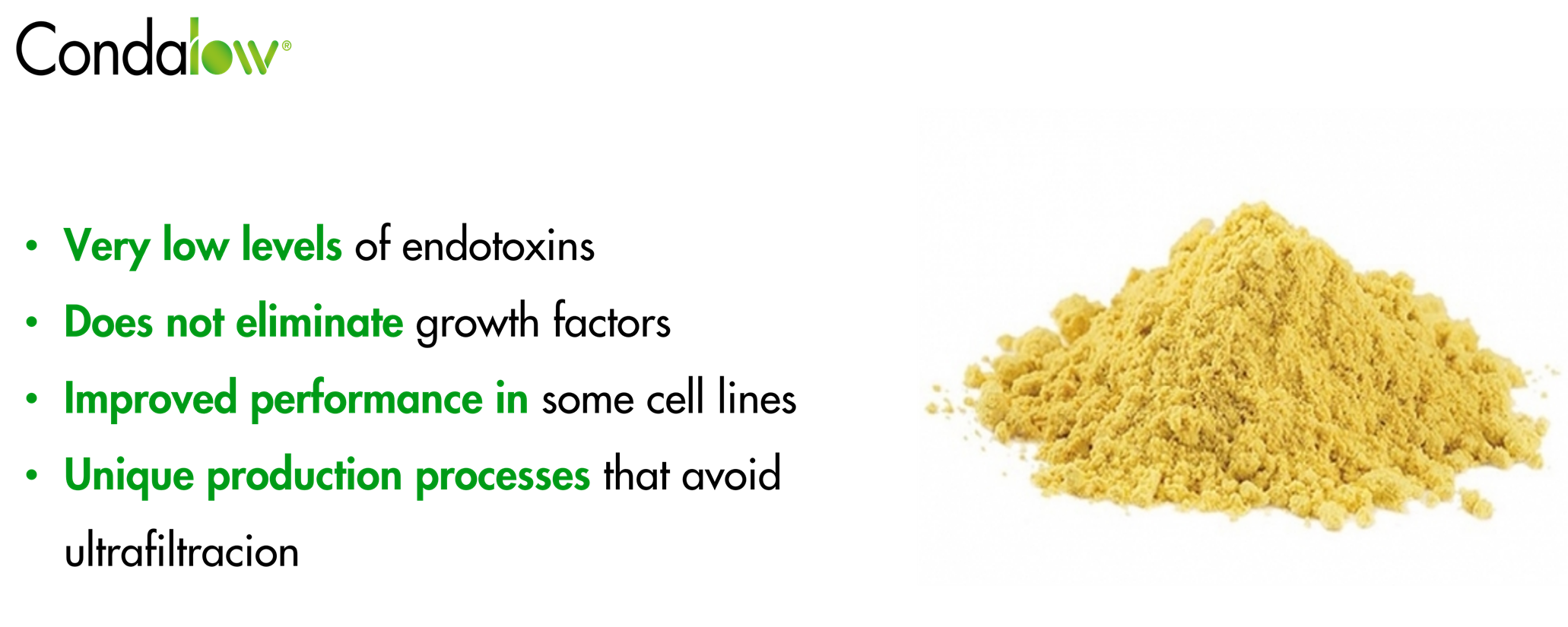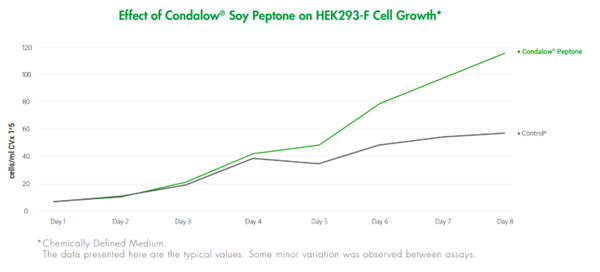Published: 23/08/22 11:18 Categories: Microbiology
Cell cultures and fermentation processes are currently of great importance at the industrial level. Many products derived from the biotechnology industry, such as vaccines, are obtained through these processes.
Obtaining bioproducts through the Fed-batch system is widespread in the biotechnology industry.
The importance of peptones in fed-batch culture media and fermentation processes
The method is based on the addition of metabolites or substrates to the fermenter during the growth of the cells of interest while the products accumulate in the fermenter until the end of the process.
This system provides better control of the concentration of these metabolites or substrates during the fermentation process, in comparison with the classical batch fermentation method.
In addition, the fed-batch method may be able to extend the duration of the process and obtain higher cell densities in the fermenter.

How can we improve the performance of our fermentation processes?
Cell cultures and fermentation processes are very delicate, and the components added to the culture medium have a great impact on the result of the process, both at a biomolecule production and cell growth level.
One of the most direct ways to increase production and growth is through the addition of peptones to the medium which are used by cells as a source of nitrogen, carbohydrates, and other essential nutrients. This nitrogen is essential for protein synthesis, so the choice of a high-quality peptone will be of great importance.
Which peptone should I use in my cell cultures?

The use of peptones with low endotoxin levels becomes almost imperative in this type of culture media and fermentation processes. Endotoxins are compounds, usually polysaccharides, that are present in the outer membrane of gram-negative bacteria and generate an immune response when they encounter our body or cell culture.
In a test carried out with Condalow® Soy Peptone, its effect on cell growth in HEK-293F cells in Fed-Batch culture was demonstrated.
With the addition of only 2 g/l of Condalow® Soy Peptone, it was possible to observe a notable stimulus in cell growth, doubling the number of cells after seven days with respect to the control. In addition, an increase in cell longevity was also observed, which implies a higher biomass production if the joint effect of increased growth and increased cell longevity is considered.

Other studies have also shown that Condalow® Soy Peptone promotes cell viability and recombinant protein production. Condalow® soy peptone promotes cell viability and recombinant protein production.
Condalow® Soy Peptone, in addition to being an excellent animal-free alternative to conventional peptones, is an excellent supplement for cell cultures. The set of improvements that Condalow® brings to the culture media market makes it an essential ally towards achieving the maximum potential of our cell cultures.
If you would like to know more about Condalow® Peptones, download the App Notes containing all the information related to the tests carried out.

 Probiotics: Which ones are good?
Probiotics: Which ones are good?
 Condalab Says YES to the World’s Leading Lab Trade Fair: Analytica 2026
Condalab Says YES to the World’s Leading Lab Trade Fair: Analytica 2026
 CONDALAB to Exhibit at WHX Labs Dubai 2026
CONDALAB to Exhibit at WHX Labs Dubai 2026
 Food fraud: How do we detect it?
Food fraud: How do we detect it?
 Visit Us at MEDICA 2025 – Discover Our Precise Detection Solutions
Visit Us at MEDICA 2025 – Discover Our Precise Detection Solutions